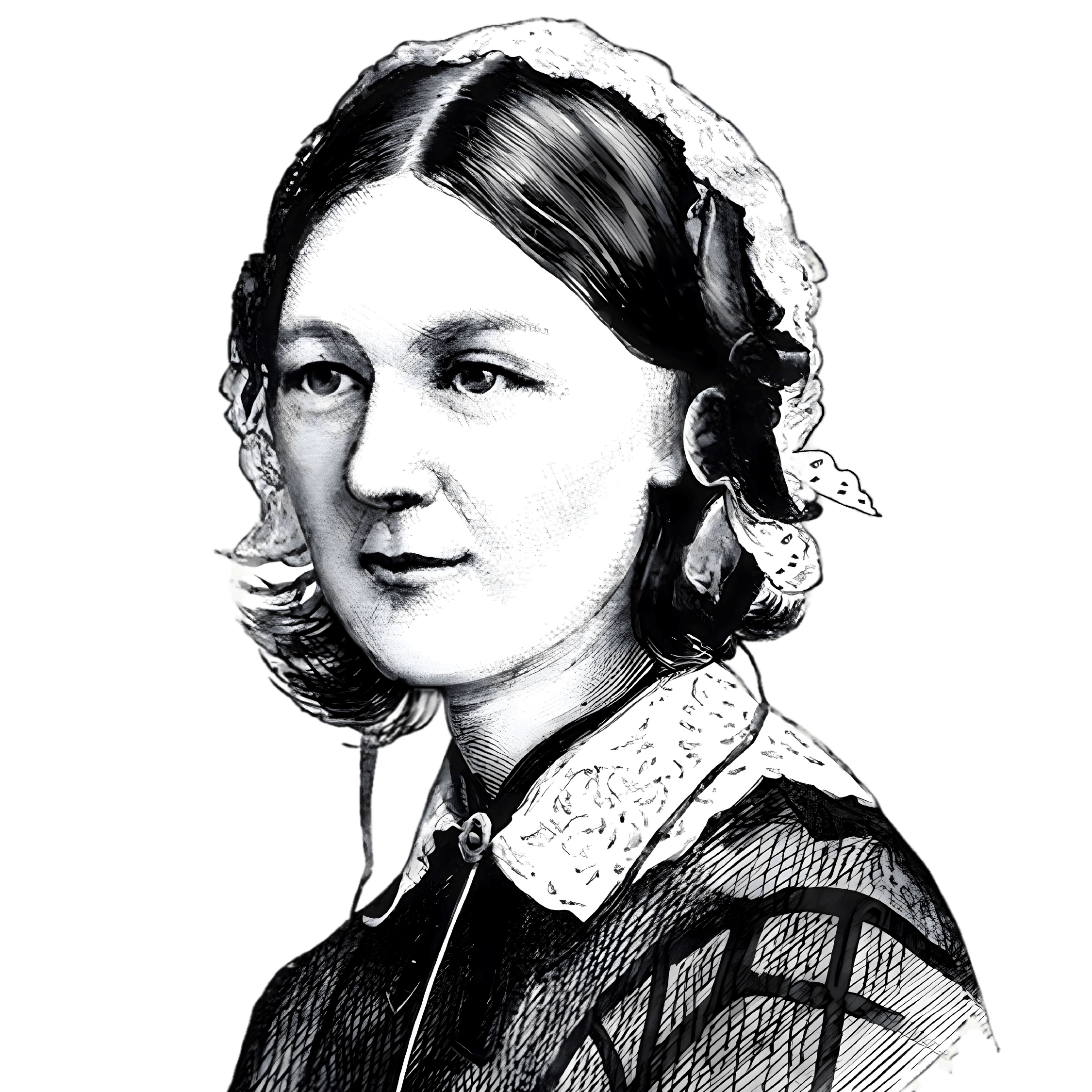Florence Nightingale
Articles
Historical Quotes
View more from News & Articles or Primerus Weekly

By Tom Kirvan
Fondly known as “The Lady with the Lamp” or the “Angel of Crimea,” Florence Nightingale is widely credited as the founder of modern nursing and was a trailblazing figure who greatly influenced governmental policies around proper medical care for the sick and injured.
Nightingale was born on May 12, 1820, in Florence, Italy, the famed city that inspired her name. One of two daughters, Nightingale was part of an affluent British family who provided her with a classical education, including studies in math, science, and foreign languages. From a young age, she was active in good works, ministering to the ill and the poor in the village neighboring her family’s estate. She later came to prominence as a nurse during the Crimean War, caring for wounded soldiers in the city of Constantinople, where she made her nightly rounds with lamp in hand.
In 1860, she helped fund the establishment of St. Thomas Hospital. Part of the health care facility – a Training School for Nurses – was named in her honor. For her pioneering medical work, Nightingale was revered throughout Europe and the British Commonwealth, helping elevate nursing to the ranks of one of the world’s most admired professions.

On August 13, 1910, Nightingale died at age 90 following a brief illness. The life and career of the “Angel of the Crimea” is immortalized in The Florence Nightingale Museum in London, where hundreds of artifacts and many of her writings are housed, including such quotes as: